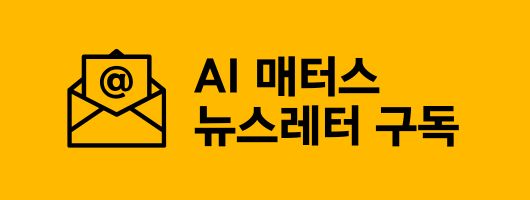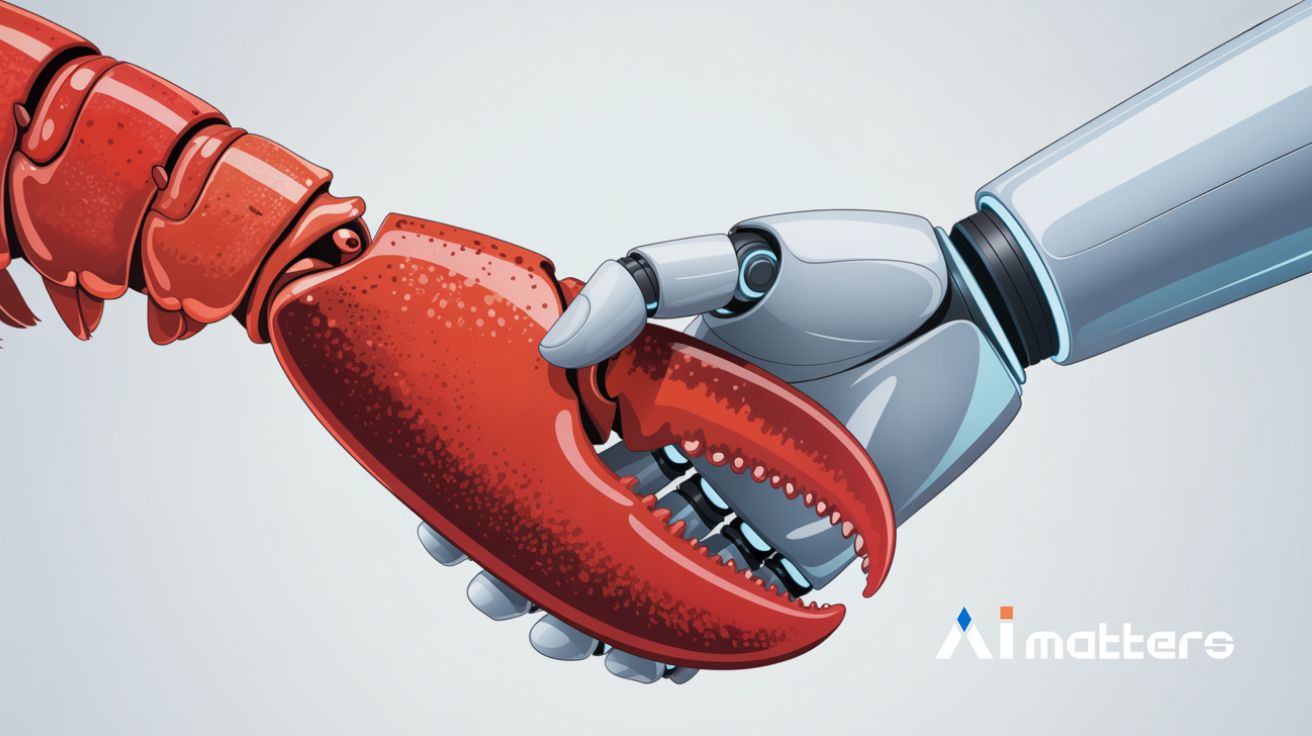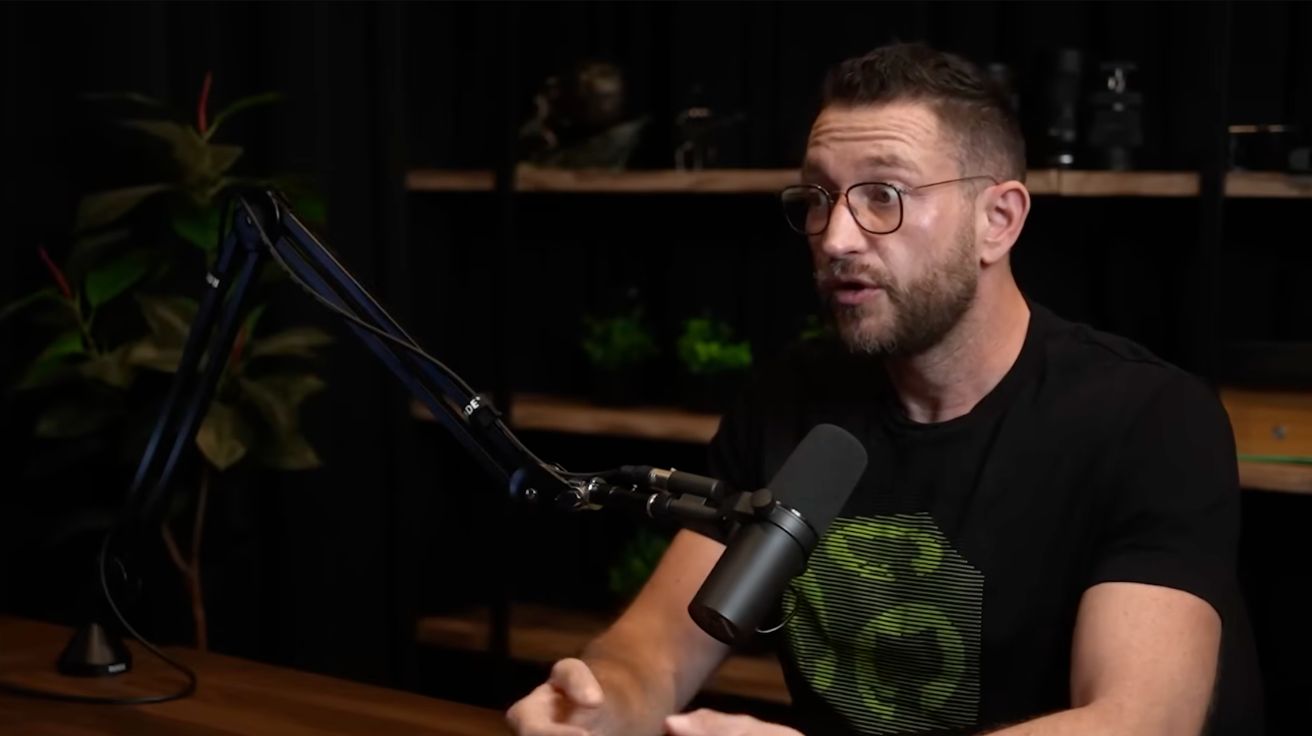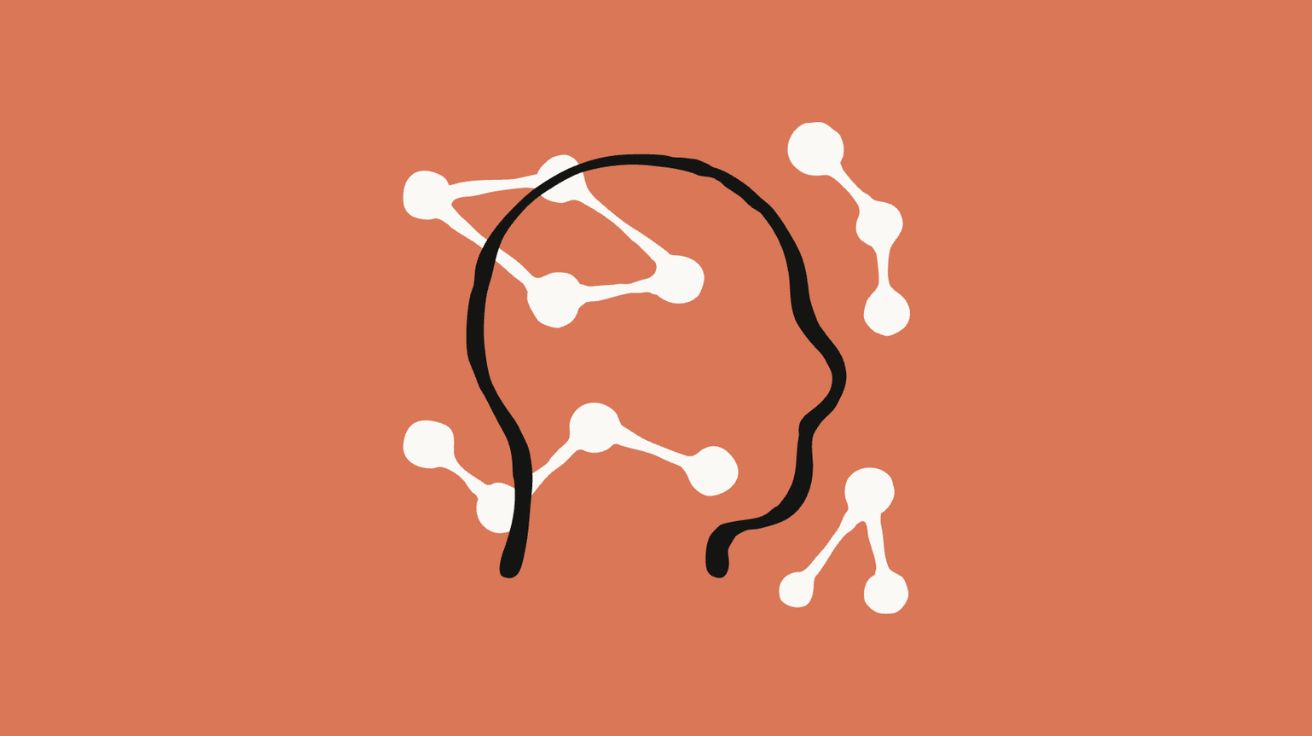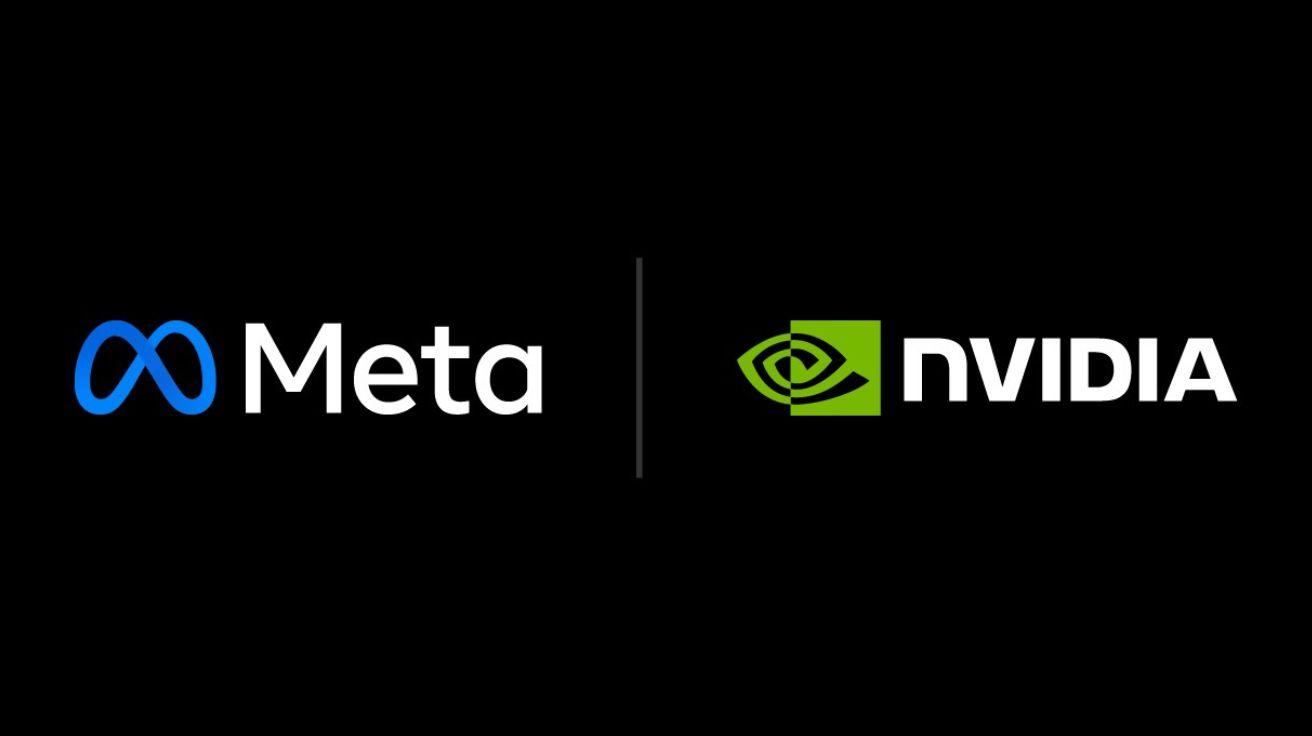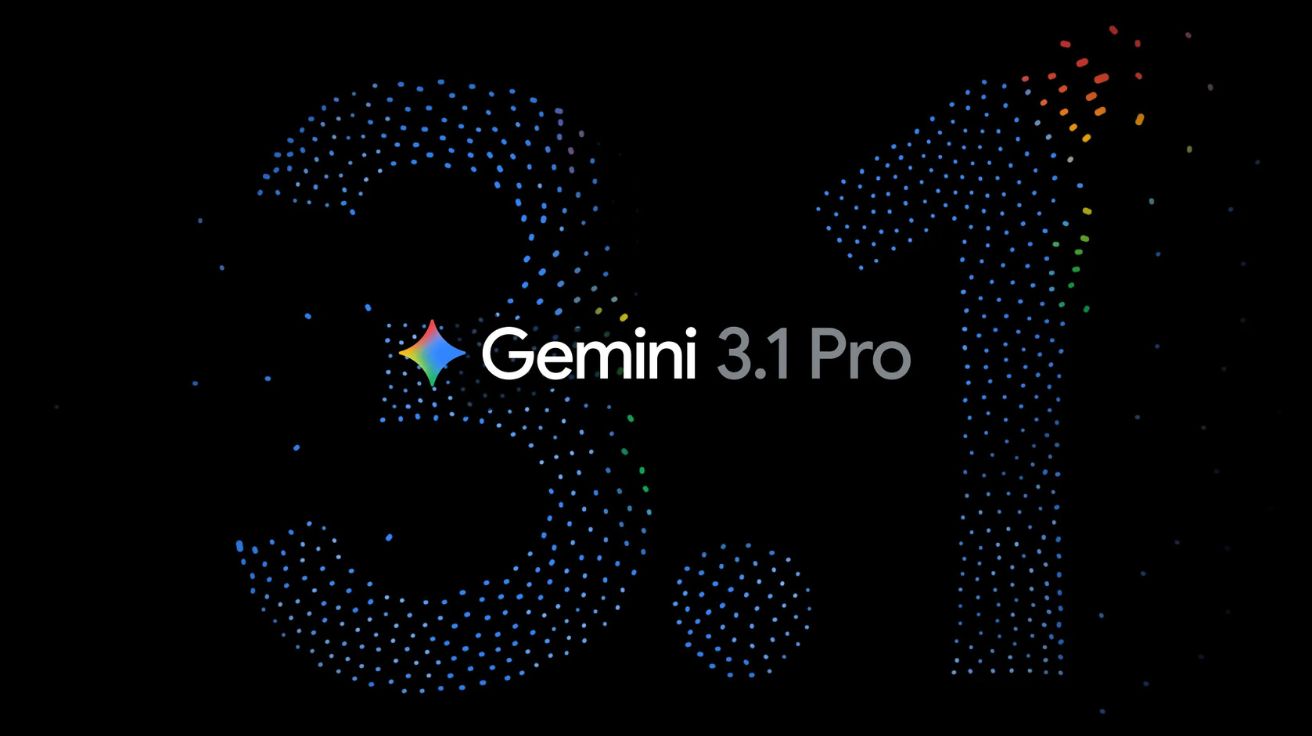South Korea has introduced its first official guidelines allowing the copyright registration of works created using generative artificial intelligence (AI), under specific conditions. On June 30, the Ministry of Culture, Sports and Tourism and the Korea Copyright Commission (KCC) jointly released new guidelines titled “Guidelines for Copyright Registration of Works Utilizing Generative AI.”
The release reflects the government’s effort to clarify the legal boundaries of copyright protection in the wake of expanding use of AI tools such as ChatGPT and Midjourney. According to the guidelines, outputs generated solely by AI—known as “AI-generated content”—cannot be registered for copyright protection. However, if a human makes a creative contribution by using AI as a tool during the creative process, the resulting work may qualify for registration as an “AI-assisted creation.”
The guidelines specify when human authorship is recognized: when users input their own copyrighted material as prompts, and the AI output reflects that original work; when the user modifies, adds to, or refines the AI output in a way that demonstrates creativity; or when the selection, arrangement, or composition of the AI-generated content involves original expression. Simply typing a prompt is generally not considered sufficient creative input. Likewise, trivial edits—such as fixing typos, resizing, or changing colors—do not meet the threshold for creative contribution.
Importantly, copyright registration applies only to the parts of the work where human creativity is evident. The purely AI-generated portions remain unprotected. Applicants are required to clearly distinguish between AI-generated content and human-created elements in their applications.
The Korean government emphasized that these new guidelines aim to balance encouraging AI-era creativity while protecting intellectual property rights. The policy was finalized after consulting with a task force that included representatives from the AI industry, copyright holder groups, academia, the legal community, and relevant government agencies.
The full guidelines are available on the Korea Copyright Commission’s official website.
South Korea Issues First Copyright Guidelines for AI-Generated Content
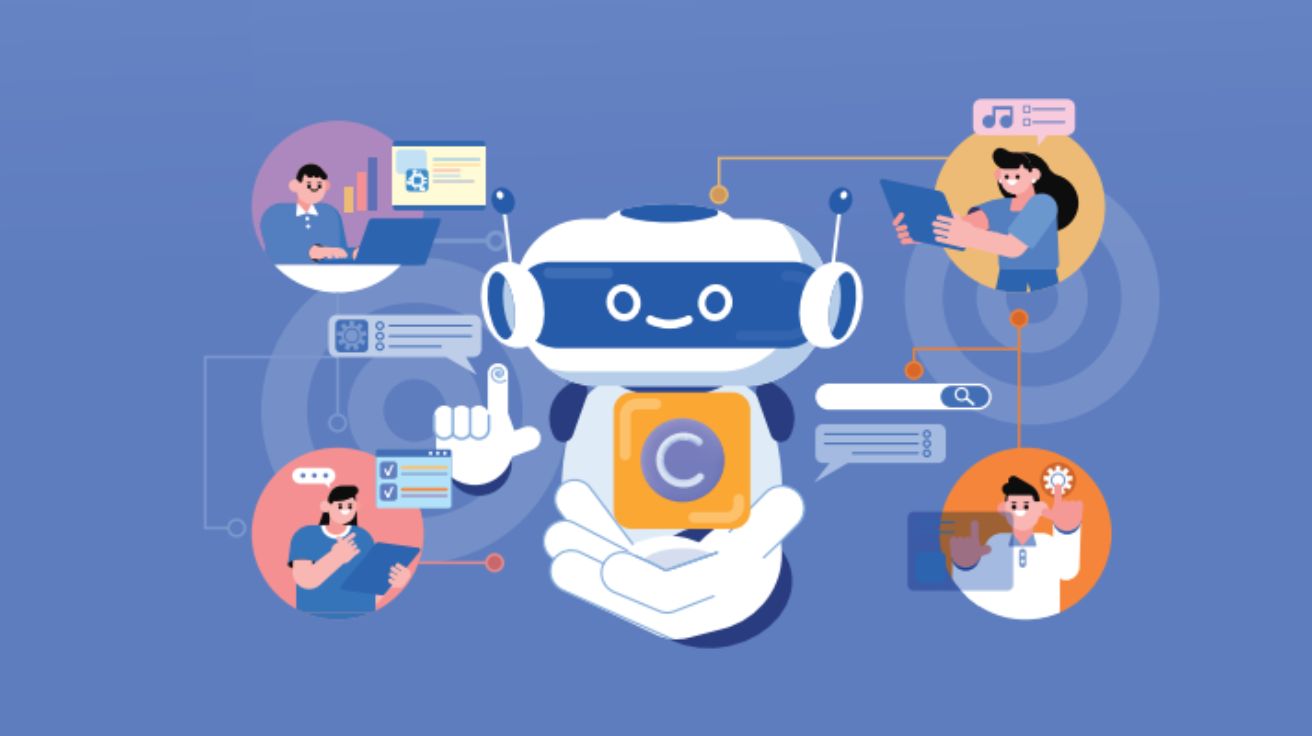
Image Credit: Korea Copyright Commission
관련 기사 더보기
